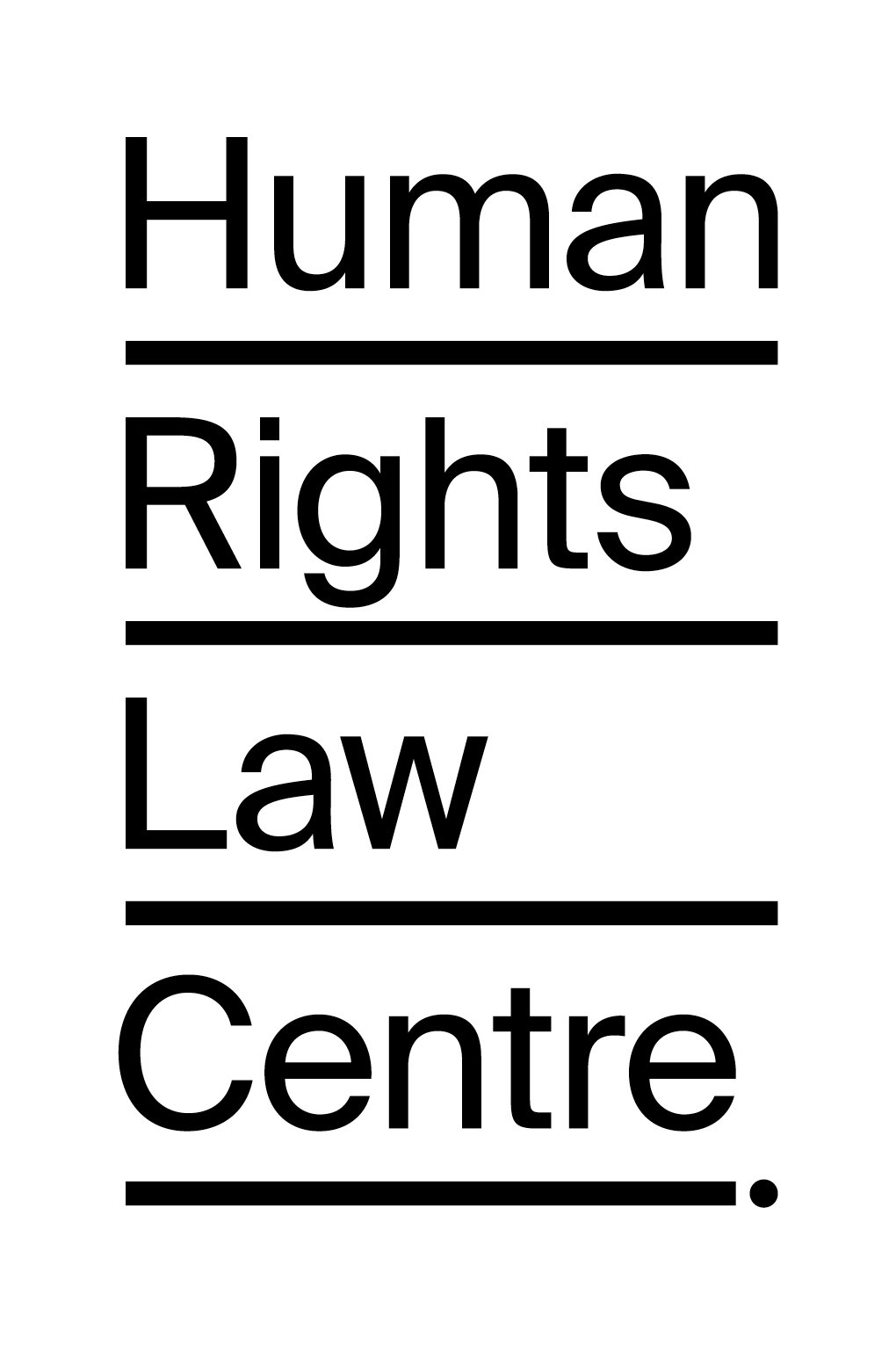Perrottet government must stop pursuit of draconian anti-protest law
A coalition of environmental, social justice and human rights groups is urging the Perrottet government to halt its attempts to rush through a draconian anti-protest law, which could see peaceful community protesters jailed for up to two years.
The repressive measures in the Roads and Crimes Legislation Amendment Bill 2022 were waved through the NSW Legislative Assembly late on Wednesday night. The Bill is expected to be considered by the Legislative Council as soon as today.
If passed, the new law would threaten everyone from school children marching for climate action to anti-war protestors with jail time and enormous fines.
The NSW Council for Civil Liberties, Human Rights Law Centre, Environmental Defenders Office, Australian Democracy Network and Rev Tim Costello are urging the NSW Legislative Council to vote against the law, which is being rushed through Parliament and has not been properly scrutinised.
The amendments would dramatically widen an existing offence in the Crimes Act 1900, which provides a maximum penalty of two years in jail and a $22,000 fine, for causing disruption on major bridges or tunnels. The expanded offence will cover roads, train stations, ports and public and private infrastructure. The amendments follow the introduction of a new regulation last week which temporarily expanded the offence.
This comes after new regulations were introduced, without the opportunity for parliamentary debate, imposing similar penalties for protests on all Greater Sydney bridges and tunnels.
Pauline Wright, President of the NSW Council for Civil Liberties, said:
"The right to protest is fundamental to any democracy. The Council for Civil Liberties fought hard to protect this right in the 1970s and won. Currently, under the Summary Offences Act, permission to protest is not required and if seven days' notice is given to police, there is immunity from prosecution for causing obstruction during a protest. This Bill undermines those rights, winding back the protections under the Summary Offences Act, and should be condemned. The Bill should be withdrawn in its entirety. Among the most offensive provisions is the criminalisation of ‘blocking entry’. Blocking entry is not trespassing and does not equate to causing damage. This provision should be deleted at the very least. Another essential amendment would be making it clear that a person has a ‘reasonable excuse’ if they are participating in a public assembly that is not prohibited under the Summary Offences Act. We fought to protect our right to protest in the 70s and we'll fight to protect it today."
Rev Tim Costello AO said:
“The balance between the right to peaceful protest and allowing reckless behaviour that causes harm to many people is important in any democracy. This bill does not get the balance right. Many charities are concerned that their capacity to call out governments doing the wrong thing will be impeded if they cannot protest, or if any assembly of people can be prosecuted and incur severe penalties including jail time because they are blocking a road. We urge the government to reconsider this legislation to ensure peaceful protests can still take place.”
Human Rights Law Centre Senior Lawyer Kieran Pender said:
“The right to protest is a cornerstone of democracy. If passed, the proposed law, which has not been properly scrutinised, will seriously threaten the ability of everyone in NSW to exercise that right. The Legislative Council must not allow the Perrottet government to ram such a dangerous, draconian law through Parliament.”
Environmental Defenders Office CEO David Morris said:
“This new Bill is a knee jerk response to isolated incidents, with severe implications for freedom of speech in New South Wales.
“The community is rightly concerned about these measures, which seemingly intend to limit the right to protest to circumstances where the state sanctions it.
“Peaceful protest can seem disruptive in the moment, but it has long been recognised by our courts as essential to our democratic process.
“Laws that attempt to limit peaceful protest threaten progress by undermining our constitutional freedom of political communication.
“Historically, peaceful environmental protest has played a crucial part in achieving meaningful change through the Australian democratic process. A healthy environment and safe climate cannot be achieved in the absence of a robust and healthy democracy.”
Media contact:
Evan Schuurman, Human Rights Law Centre, 0485 864 320 or evan.schuurman@hrlc.org.au




